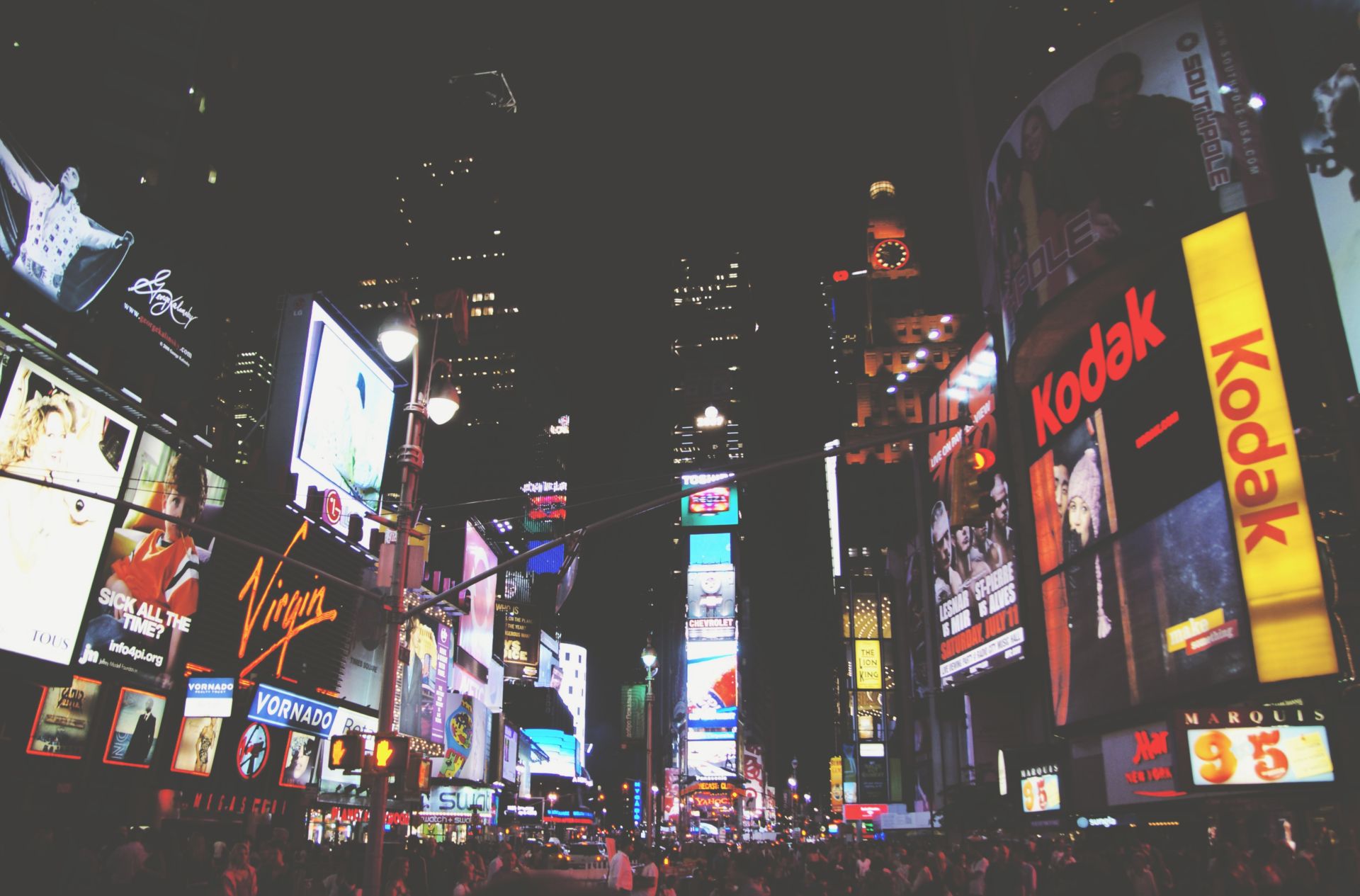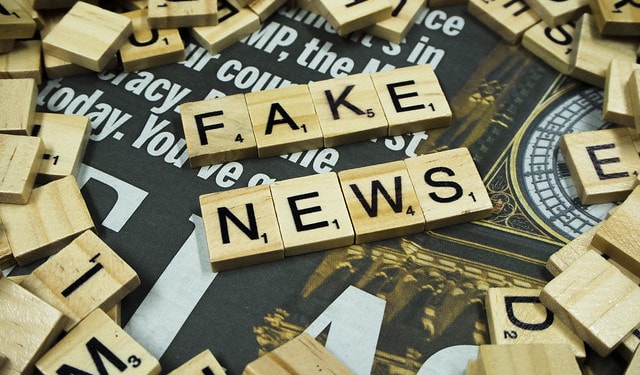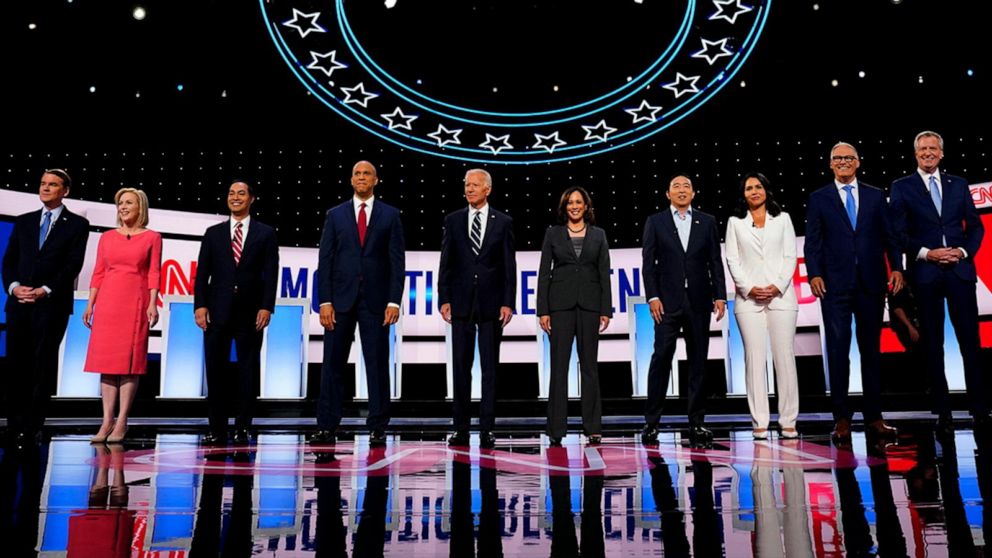Today, social media plays a huge role in the field of information communication. An astonishingly large number of people depend on social media platforms for their news and views. This, however, means that misinformation has a greater chance of spreading, as the system exploits the human tendency to accept issues that conform to a person’s perception of the world rather than objective truth.
Unsurprisingly, social media algorithms enhance this tendency, since they constrict the content users come across based on users’ interests. People have not abandoned fact-based communication, but the information crisis of our time has made them sceptical about online and offline information. As a result, they rely on statements that echo their concerns, even if these statements are jarringly false. This explains why our current politico-cultural landscape is dominated by the fear and anger of disenfranchisement, hatred of people considered outsiders, preference for partisan and tribal feelings, and an inability to realize common human realities. This is the perfect background for the proliferation of lies on an industrial scale by troll factories.

This situation regarding information could have the effect of discrediting and halting democracies. Countries where democratic progress is in the process of becoming deep-rooted are particularly vulnerable. In the Middle East, for example in Egypt, Iran, and the United Arab Emirates, people have gained rapid access to the internet. This implies that regimes can prioritize monitoring the development of challenges against themselves on the web, rather than focusing on gaining ground by listening to people’s voices.
But progress requires constant dedication. People must have a strong resolve to make positive changes in the interest of greater visions and nobler dreams on the basis of which democratic countries are founded. The “American Dream” is an example in this regard. It creates hope for the fulfilment of people’s life goals according to their abilities. Without collective will for the vigorous struggle for growth, irrational attitudes can take hold. The uncertainties and anxieties of daily life undermine facts, deliberative policies, and expertise of all sorts. Nevertheless, people fail to understand that scapegoating, prejudice-building, and siding with extremism pose constant threats to democratic institutions. Infotainment reigns supreme by hiding these catastrophic consequences, which we can only combat with a decisive political will to invest in clear, contingent, and disparate systems of communication.
We live in a time when people are not generally aware of the features of good information like reliability and relevance. Consequently, the very idea of objective truth is fading. From social media to writing of all kinds, telecommunication, professional networking, and political speculation, the dominant trends of thought inundating both the right and the left promote subjectivity over authenticity, science, and ethics. Climate change deniers, anti-vaxxers, and flat-earthers gain ground by portraying their claims as multifaceted arguments.
Interestingly enough, the internet’s democratization of information comes with the price of giving the impression that every opinion is equally valid.
The decay of truth is not simply marked by the replacement of reason with emotion, and the abasement of language; but also in the familiarity of terms like “post-truth,” “false-speech,” and “fake-news.” Interestingly enough, the internet’s democratization of information comes with the price of giving the impression that every opinion is equally valid. The source of every conversation seems to be the internet in one way or another. The end result is that collective ignorance becomes lauded as the “wisdom of the crowd.”

The unmatched globalization and autocratic-capitalist state systems mean that we inhabit a Thomas Pynchon novel that covers everything from cartoons to mathematics. We both consume and create information like never before. We are unable to intervene effectively in the forces of volatility, the vortex of non-axial information, and the circulation of the innumerable characters of our information age that define our truth-challenged condition. Randall Schweller explains the mechanism behind the phenomenon, “[j]ust as energy and matter degrade over time to more probable and less informative states, the greater the flow and amount of information, the more likely it will degrade toward noise or sterile uniformity.” In order to resist the gradual decline, we need clear definitions of “post-truth,” “false-speech,” and “fake-news.” Otherwise, we will keep labelling everything — meaningless accounts, stratagems, misinterpretations, and unpopular issues — as “fake news.”
Editor’s Picks — Related Articles:
 “Italy 2018: Politics Shaped by Social Media”
“Italy 2018: Politics Shaped by Social Media”

“A Social Network Against Climate Change? Meet We Don’t Have Time”
“Fake news” literally means false information. In order to make the distinction between true and false information, we have to know who amongst us portrays social reality accurately, and how they accomplish it. In an era of “post-truth” the why and how of the production of information are more important than ever. Indeed, the Oxford English Dictionary declared “post-truth” the word of the year 2016. A significant amount of information lacks integrity, since it frenetically passes through generally flawed ideological structures. This brings us to the question of “false speech,” which manipulates freedom of speech for personal gain.For example, Thomas Jefferson, an American statesman and founding father, held freedom of speech in high regard as a talisman against social oppression. However, his wisdom prohibited the extension of his esteem to “false speech,” which is injurious to others.
Sir Francis Bacon, a seventeenth-century English philosopher and statesman, suggests that in order to separate truth from falsehood, we have to empty human minds of overwrought thoughts, fanciful hopes, and misleading interpretations. Even if we do not buy into Bacon’s apocalyptic view that lies are a sign of the end of the world, we know that they erode societies’ structures. Nevertheless, our sense of social security allows most of us to be indifferent to the question of truth. Until and unless the question jeopardizes our lives, we can afford our nonchalance. The question is how long we can keep ignoring the fact that falsehood kills collective good, slowly but surely.









